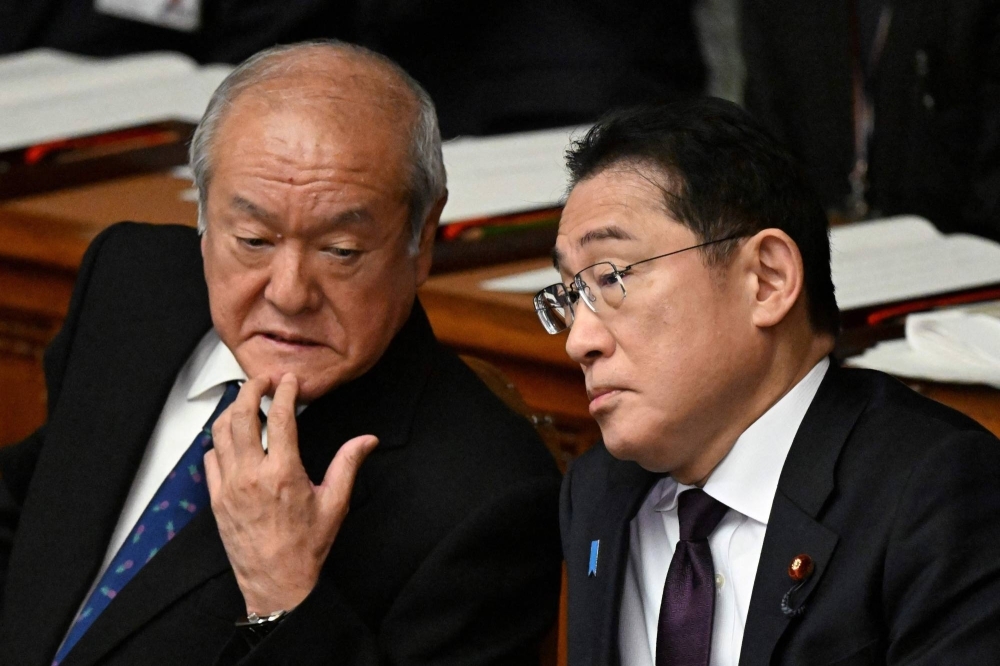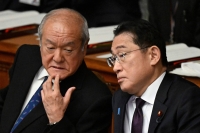Finance Minister Shunichi Suzuki said there will likely come a time when the country's interest rates will begin to rise and affect the economy through various channels, according to an interview with the Nikkei newspaper published Saturday.
"The Bank of Japan holds jurisdiction over monetary policy. But there will be a phase when interest rates go up," Suzuki was quoted as saying in the interview.
On the yen, Suzuki said there were pros and cons to its moves that have varying effects on Japan's exporters and firms reliant on imports. He declined to comment on whether a weak yen, or a strong yen, was desirable for the economy.
With inflation having exceeded the Bank of Japan's 2% target for some time, many market players expect the central bank to end its negative interest rate policy by April.
Sources have said the BOJ is on track to end negative rates in the coming months despite recent data showing the economy slipped into recession, though weak domestic demand means it may seek more clues on wages growth before acting.
As part of efforts to reflate growth and fire up inflation to its 2% target, the BOJ has been keeping short-term interest rates at -0.1% and the 10-year bond yield around 0% since 2016.




